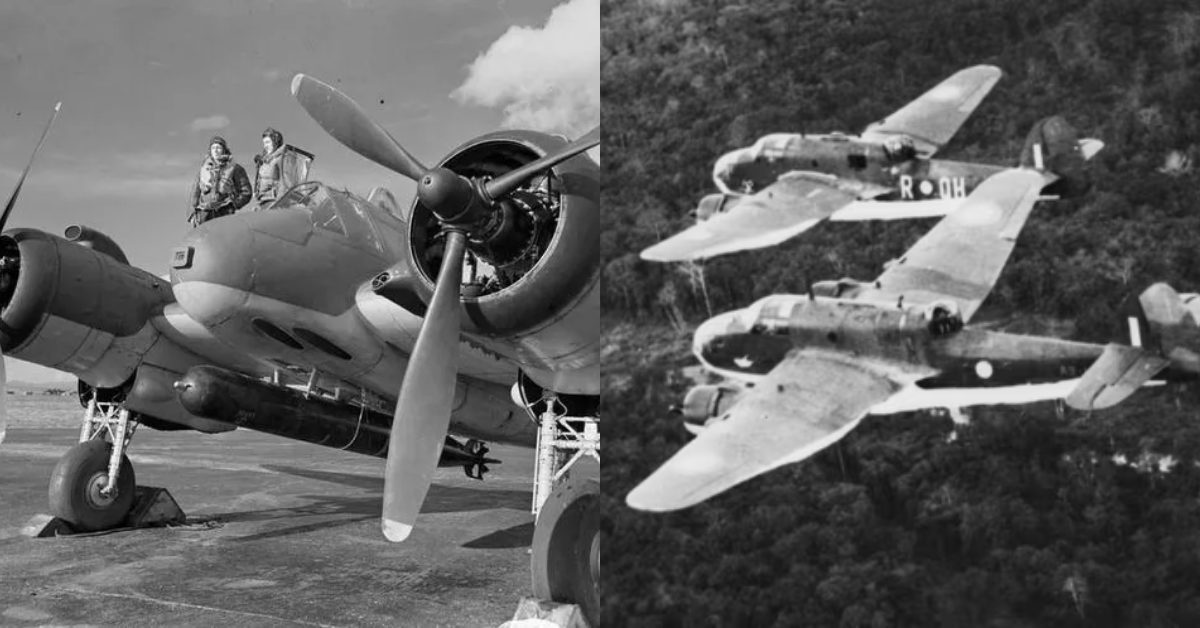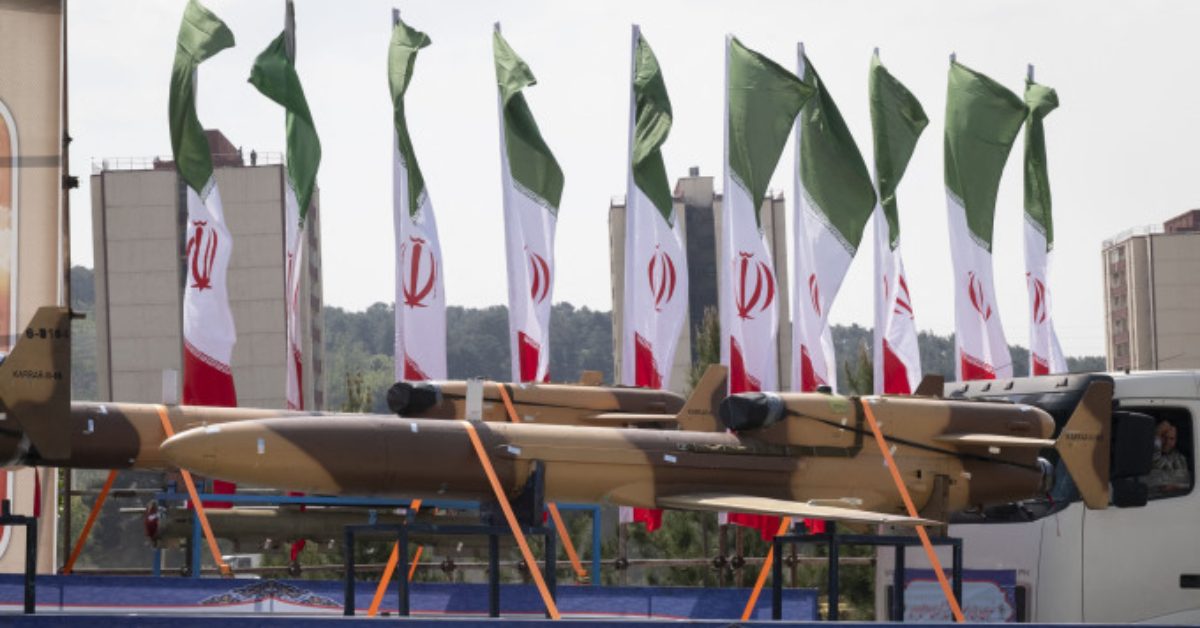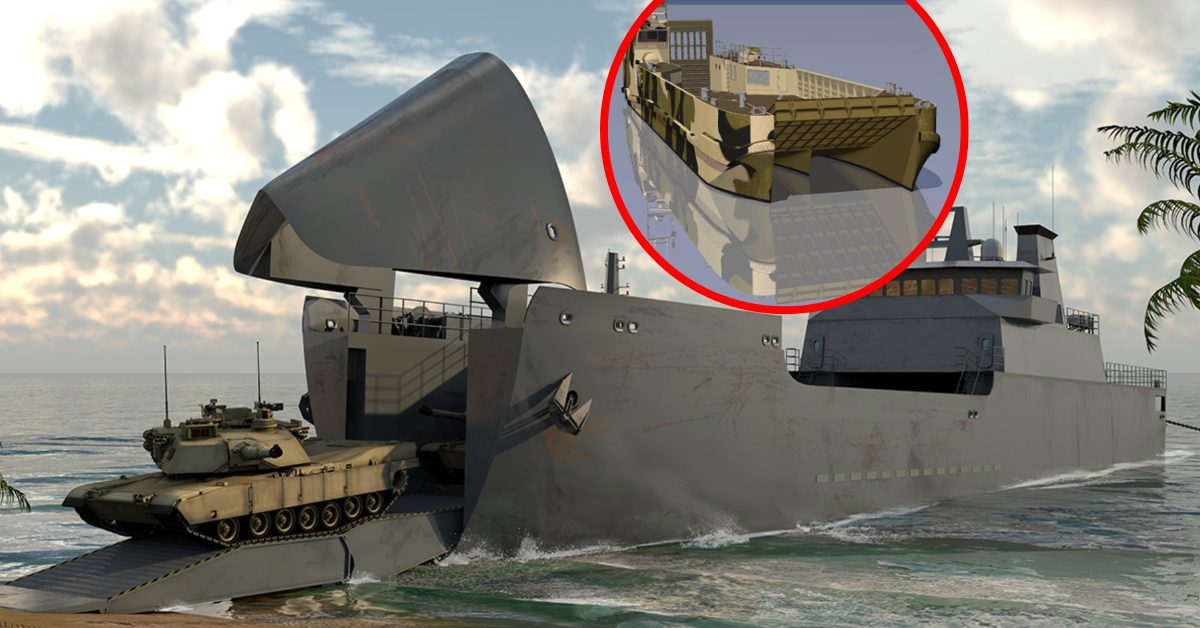With Tom Cruise’s new film Top Gun: Maverick breaking records worldwide, the entire world is reminded about how dangerous pilots live. And we all get to be reminded about America’s tech lead in reconnaissance aircraft. Naturally, The Lockheed U-2, nicknamed Dragon Lady remains America’s most famous spy plane ever and its history is more intriguing than Maverick’s live or any Ian Fleming spy novel.
As you’ve probably imagined by now, the Dragon Lady is the product of the Cold War, when the globe was divided between two spheres of influence and the two superpowers were engaged in a frightening arms race. It is worth noting that only four years after the United States dropped its first nuclear bomb, the Russians detonated their own bomb on Aug. 29, 1949, at Semipalatinsk Test Site, in Kazakhstan.
However, that wasn’t the only thing that frightened the Americans, considering that in 1954, Russia introduced to the world its newest bomber, Myasishchev M-4, nicknamed the Hammer. Naturally, these advancements forced the Americans to develop advanced surveillance systems that could help them collect sensitive information from the Soviet Union. Accordingly, in 1955, the plane envisioned by Clarence “Kelly” Johnson, finally, had its first test flight.
The Lockheed U-2 Was Born During The Cold War But Used For Decades
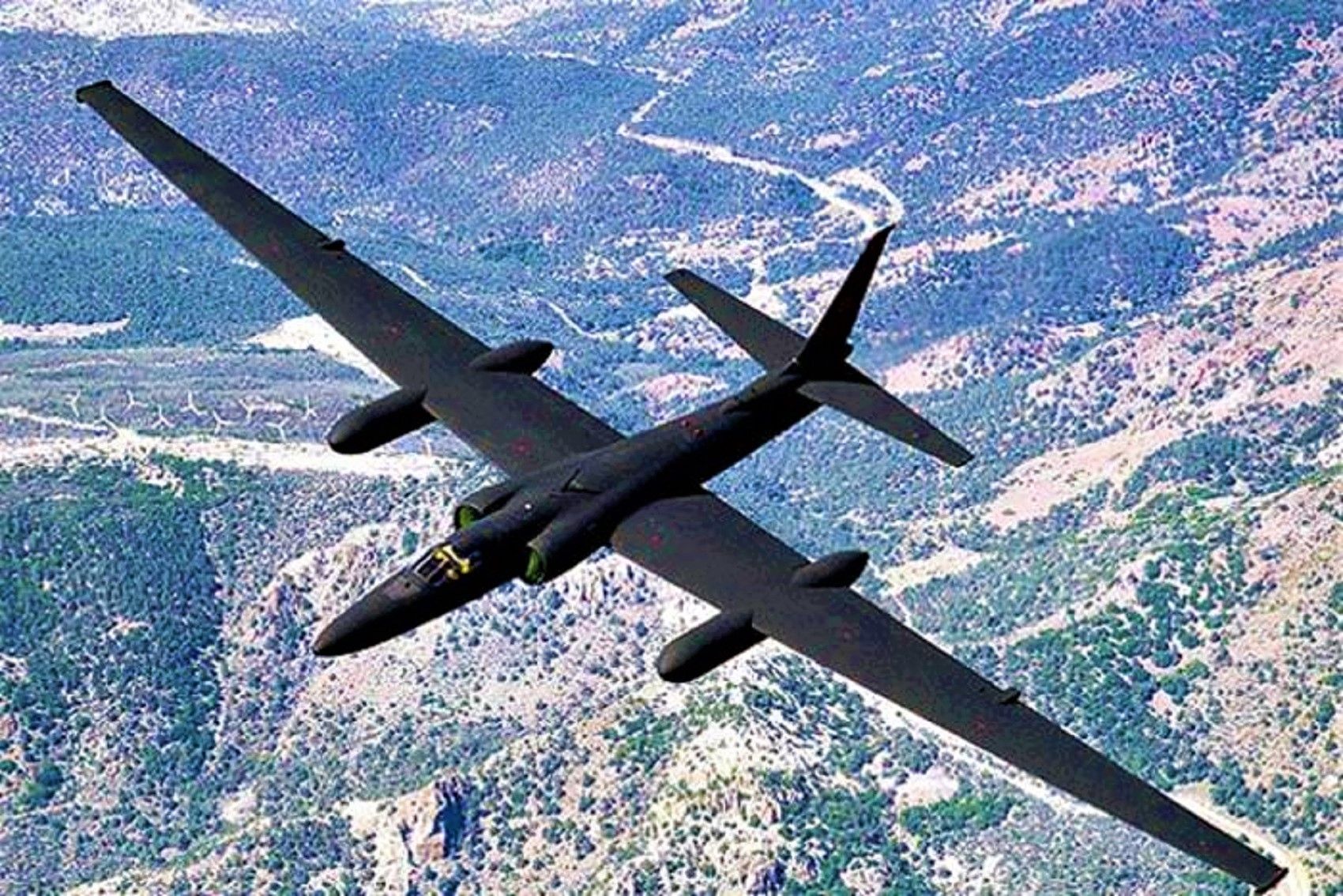
The high altitude reconnaissance aircraft is the product of the Cold War arms race and Americans flew it in some of the most intriguing missions. For example, in 1956, Hervey Stockman took a secret mission and flew the Dragon Lady from Wiesbaden, West Germany, right into the Soviet Union. Thanks to Stockman’s efforts, Washington found out that Russia was not building “missiles like sausages” and was far from developing a hydrogen bomb capable of reaching the United States.
Moving forward, the United States used the high altitude reconnaissance aircraft during the Cuban Missile Crisis. Thanks to the Dragon Lady, President John F. Kennedy found out about Soviet missile installations in western Cuba, which could easily hit targets in the United States. During the next 13 days, flights over the Caribbean island would keep the folks in Washington informed about Russia’s operations in Castro’s Kingdom and thanks to President Kennedy’s diplomatic efforts, the nuclear war and possible attacks on American territory have been avoided. Since then, the Dragon Lady was flown in various operations across the globe. It flew over China, Vietnam and Cuba during the Cold War and after the fall of the Iron Curtain, it was used for surveillance and reconnaissance during the armed conflicts in Afghanistan and Iraq.
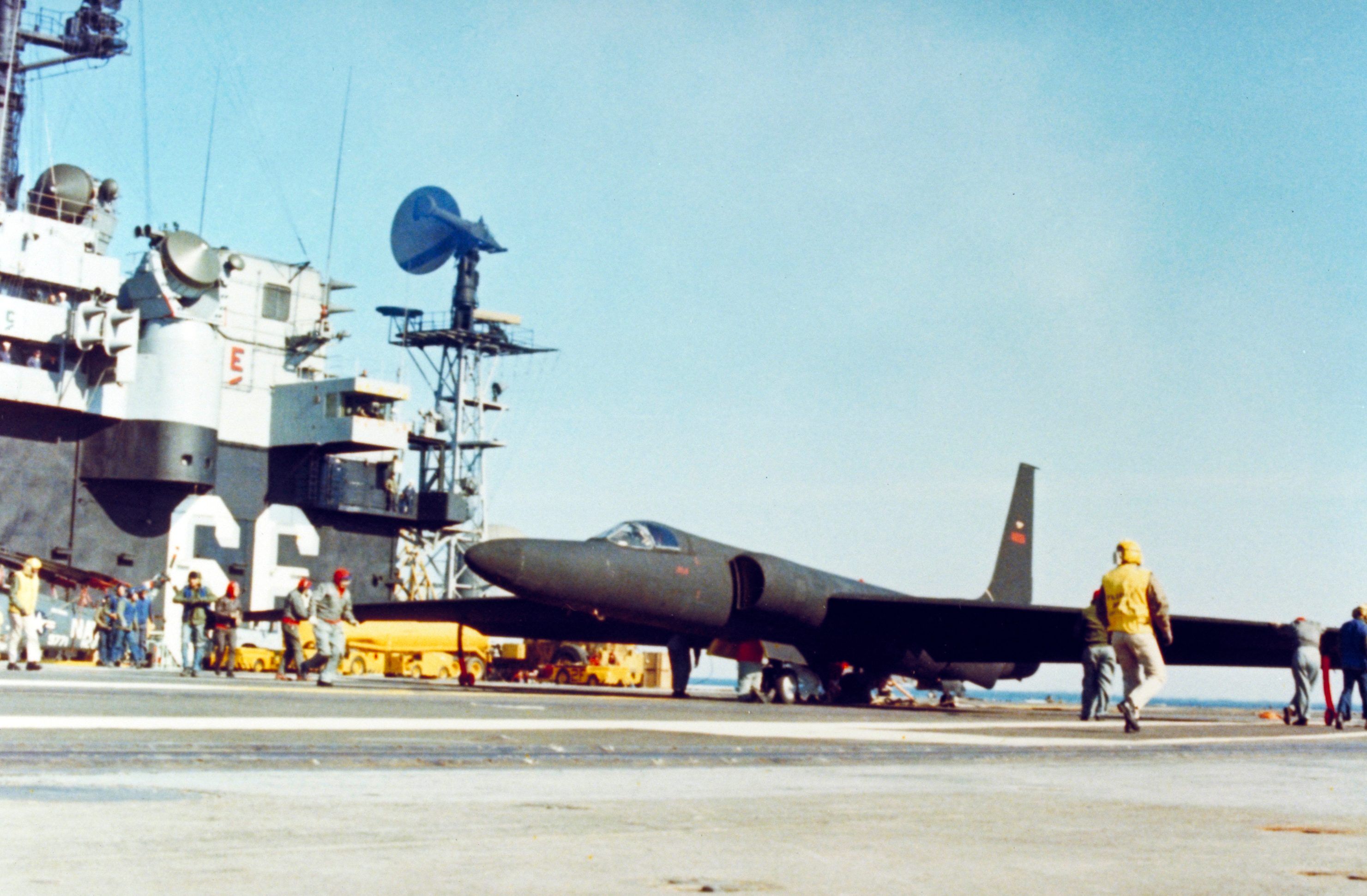
The Lockheed U-2 is a single-engine, single-seat, long-range aircraft that had a slender design, which made the aircraft more difficult to be seen. As for specifications, the Dragon Lady was powered by a turbojet engine capable of pushing the aircraft to a cruise speed of 764 kilometers/ hour or 475 miles/ hour. The U-2 had an experimental Pratt & Whitney J75-P-13 engine capable of producing 15,000 pounds of thrust. Furthermore, it had a flying range of more than 7,000 miles and could carry a payload of 5,000 pounds. Lastly, the Lockheed U-2 had a length of 63 feet, a height of 16.7 feet, and a wingspan of 103 feet.
U-2’s “long tapered wings long —one third the weight of what was normal at the time — allowed it to fly missions covering a range of 3,000 miles and carry up to 700 pounds of the latest photoreconnaissance equipment to a staggering and unprecedented altitude of 70,000 feet,” says Lockheed Martin.
After the Cold War, the U-2Rs were modified and revamped as U-2S. The National Interest points out that the new models have refined sensors, a high-performing GPS system and more powerful F118 engines, which generate a speed of over five hundred miles per hour. A decade ago, the planes were altered again under the CARE program to lower the cabin pressure and have cleaner urine collection. Naturally, these are welcomed changes for the pilots as they can enjoy a more comfortable flight.
The Lockheed U-2’s Successors
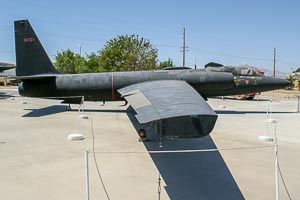
Even a titan like the Lockheed U-2 needs to retire at some point; thus, there is an urgent need for other high-altitude tactical reconnaissance planes. Naturally, there is already the Northrop Grumman RQ-4 Global Hawk, and Lockheed has also designed the TR-X, which is a modern high-altitude, single-engined tactical reconnaissance aircraft.
It is expected that the TR-X will have the same Intelligence, Surveillance, Reconnaissance (IRS) missions as the U-2, according to Military Factory. Evidently, the United States has the know-how, design capability and budget to develop and manufacture tactical reconnaissance planes.

